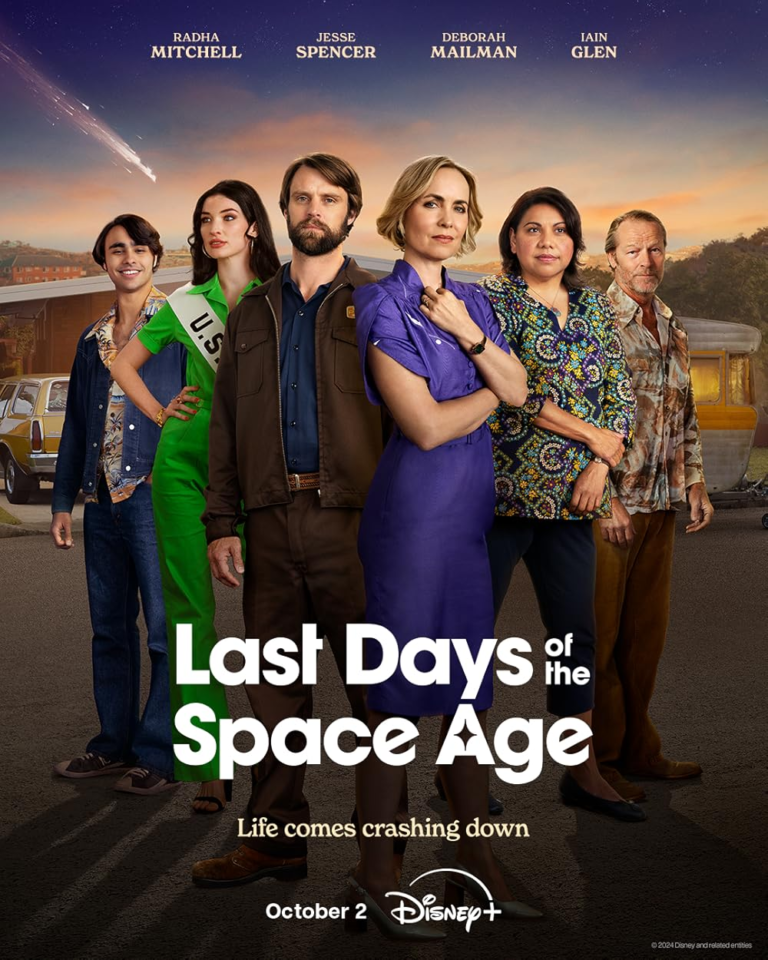It’s Not Me Christian Review

Cinema has this uncanny ability to dig into our souls, whether we want it to or not. It stirs us, disorients us, even leaves us asking, “What did I just experience?” That’s where It’s Not Me (C’est Pas Moi) lives—in the realm of the uncertain, the reflective, the messy. It’s a film that doesn’t just ask questions but unapologetically stumbles around them. As a Christian viewer, it felt like watching someone throw their heart against a wall, over and over, waiting to see what would stick. And honestly? That’s both its power and its limitation.
Where Vulnerability Meets Artistry
Let’s start with vulnerability, because if there’s one thing It’s Not Me gets right, it’s that raw, exposed nerve of trying and failing. The film doesn’t celebrate triumph; it zeroes in on the process—the attempt, the stumble, the hesitation, and ultimately, the defeat. For Christians, this feels familiar. It’s the Apostle Peter sinking into the waves after stepping out in faith, the Prodigal Son trudging home, the tension of wrestling with sin and doubt.
But here’s where it diverges: the film doesn’t seem interested in the resolution. There’s no triumphant return, no redemption arc. Instead, it sits in the defeat, lingers there, almost revels in it. And while vulnerability is essential—after all, Christ Himself wept, grieved, and anguished—it can’t be the whole story. Vulnerability without hope is just despair dressed up in existentialism.
Looking Backward: Nostalgia or Stagnation?
The film’s backward gaze is another sticky point. It’s deeply rooted in cinematic history, referencing and reflecting on the medium’s evolution. There’s something poetic about it, this attempt to situate one’s work within the larger trajectory of film. But for a Christian audience, it feels… limited. We’re called to remember, yes, but also to look ahead, to “press on toward the goal” (Philippians 3:13-14). Nostalgia can be a warm blanket, but if you stay wrapped in it too long, you forget to get up and move forward.
Here, It’s Not Me feels stuck. The auteur seems more interested in what’s been done than what could be dreamed. There’s a weightiness to that, a sense of being trapped in the shadow of the greats, rather than stepping boldly into uncharted territory. And while that’s an honest reflection of the creative struggle, it’s not particularly inspiring. As Christians, we’re people of hope, of new beginnings, of forward motion. This fixation on the past, on what’s already been said and done, leaves the soul wanting.
The Blurring of Boundaries
One of the film’s more intriguing—and frustrating—choices is its blending of cinema, history, and real life. It’s an ambitious move, one that suggests art isn’t just a reflection of life but an integral part of it. The lines blur, shift, and sometimes disappear altogether. It’s a bold idea, but it can also be disorienting.
For Christians, who see life as part of a larger, divinely orchestrated narrative, this boundary-blurring feels both profound and problematic. On one hand, it echoes the idea that God is present in all things, that life and art and history are deeply interconnected. On the other, it risks muddying the waters of truth. If everything is interchangeable, then where do we anchor ourselves? In a world already awash in relativism, the film’s refusal to draw clear lines might feel more unsettling than enlightening.
Discomfort as a Tool—Or a Trap?
Then there’s the discomfort, and oh, is there plenty of it. It’s Not Me doesn’t just want you to watch it; it wants you to squirm. It pokes and prods, forces you to confront things you’d rather avoid. There’s value in that, no doubt. Growth often comes from discomfort. But there’s a fine line between challenging your audience and alienating them.
For Christian viewers, this discomfort can be a double-edged sword. On one hand, it mirrors the conviction of the Holy Spirit, that sense of being unsettled as we’re called to examine our hearts and lives. On the other hand, if there’s no resolution—no light at the end of the tunnel—then what’s the point? Discomfort for its own sake feels hollow, even manipulative. And that’s where It’s Not Me sometimes falters. It disquiets but doesn’t always redeem.
A Reflection on Legacy
Finally, we come to the film’s central preoccupation: legacy. This is, at its heart, a filmmaker’s manifesto, an attempt to carve out a place in the pantheon of cinema. There’s a palpable yearning here, a desperate need to matter, to leave a mark. And that’s profoundly human. Who among us doesn’t want to be remembered, to have our lives and work mean something?
But as Christians, we’re reminded that our legacy isn’t about us. It’s about Him. Our works, our achievements, our art—they’re not ends in themselves but offerings, reflections of the Creator. It’s Not Me seems to miss that. It’s so focused on situating itself within the trajectory of film that it forgets to look beyond, to the One who gives meaning to all our striving.
The Takeaway
So where does that leave us? It’s Not Me is a deeply personal, deeply flawed, and deeply human film. It’s an ambitious mess, full of moments that provoke, unsettle, and occasionally inspire. For a Christian audience, it offers much to wrestle with but little to hold onto. It’s a film that asks big questions but doesn’t always seem interested in the answers.
Ultimately, it’s a reflection of its creator—a man grappling with his place in the world, in art, in history. And maybe that’s enough. Or maybe it’s not. That’s for each viewer to decide.
Final Rating: 6.5/10
There’s beauty in the mess, but the lack of hope and forward vision leaves it feeling incomplete. It’s a film worth watching, but perhaps not one you’ll want to return to. And maybe that’s the point.






